Category: Governance
-

Sizing up Big Tech – IV
Out of the five usual suspects frequently fingered as Big Tech gang members, Microsoft (MS) takes the top spot, time-wise. Indeed, the company turned 50 last April, beating Apple by almost one full year. Many will associate such advanced age with dinosaurs, especially if we use Internet time as a benchmark. However, MS shows no…
-

Sizing up Big Tech – III
In the early 1980s, when Apple was still an underdog facing stiff competition from larger and well-established tech companies, it masterfully used mass advertising to challenge their dominance. TV and paper news media were the only options available at the time. Perhaps Apple’s most famous ad was 1984, launched in 1983, announcing the upcoming Macintosh…
-

Sizing up Big Tech – II
As the EU Digital Markets Act (DMA) has acknowledged, Google operates in many markets, including operating systems, devices, email, browsers, broadcasting, cloud, mobile apps, advertising, and search. In some of these, like search engines and mobile operating systems provided for “free,” the company has disproportionate world market shares (90 and 73 percent, respectively), thus attracting…
-

Sizing up Big Tech
Have you ever bought something from Google? Many will probably answer positively—maybe a tablet or a phone, or perhaps pay for a YouTube or Google One subscription. Back in the early 2000s, most would have responded negatively, though. At the time, the company was a synonym for powerful and mostly accurate web searches, and no…
-

Sandbox Quicksand
Breathtaking digital technology innovation has been a hallmark of the past 30 years, triggering dramatic, albeit not always beneficial, social change that hardly anyone could have predicted or even imagined. Unlike previous technological or industrial revolutions, digital innovation unfolds endlessly, reaching most corners of the globe at nearly the speed of light. Indeed, no country…
-
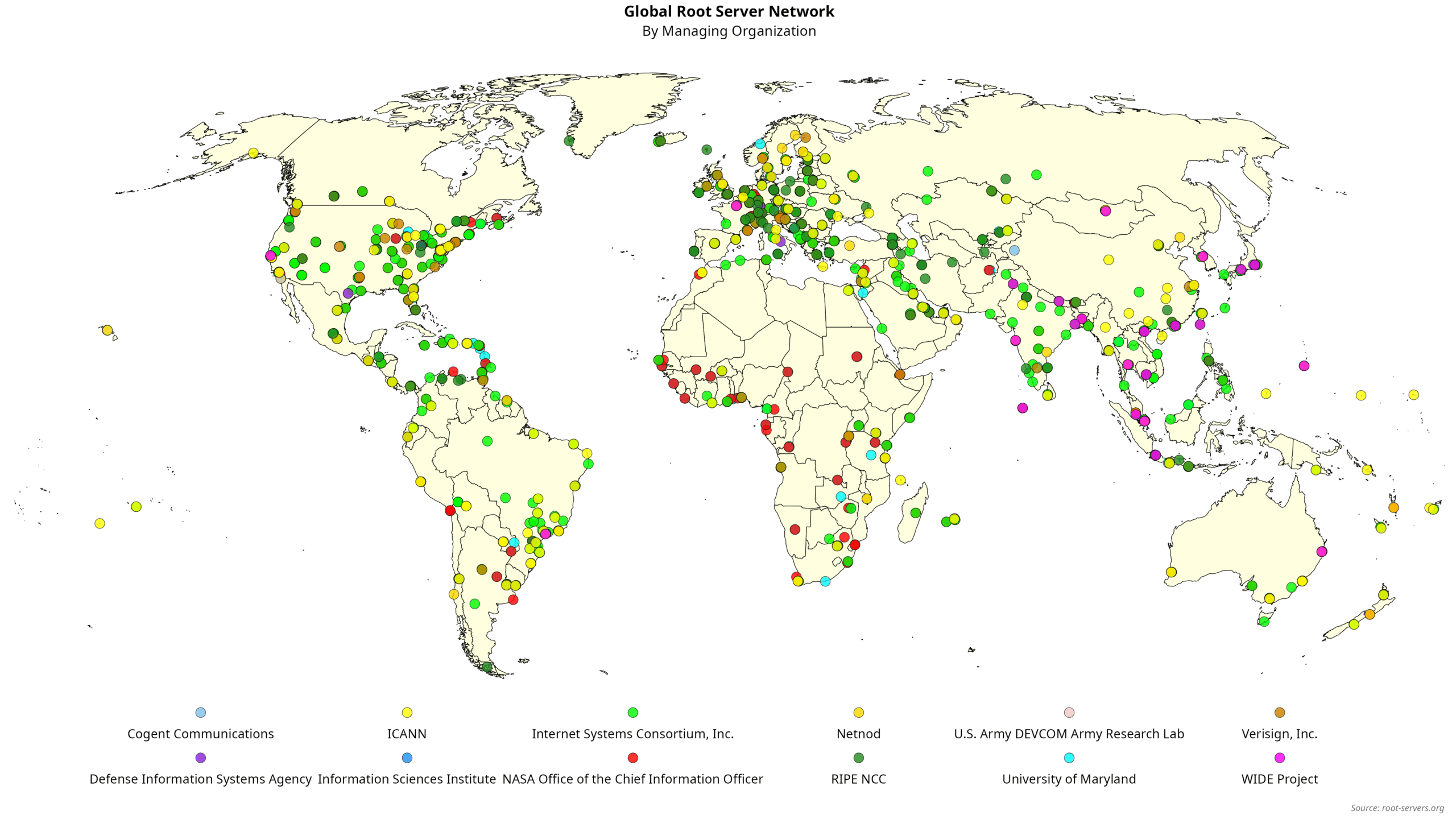
Internet Roots
An Intergalactic Computer Network (ICN). That was the first Internet Imaginary in the early 1960s, used to depict the endless possibilities of the then-emerging network of networks. The ICN Imaginary was thus born several years before the first four academic computer networks were interconnected in 1969, thanks to the pioneering groundwork of IPTO and the…
-
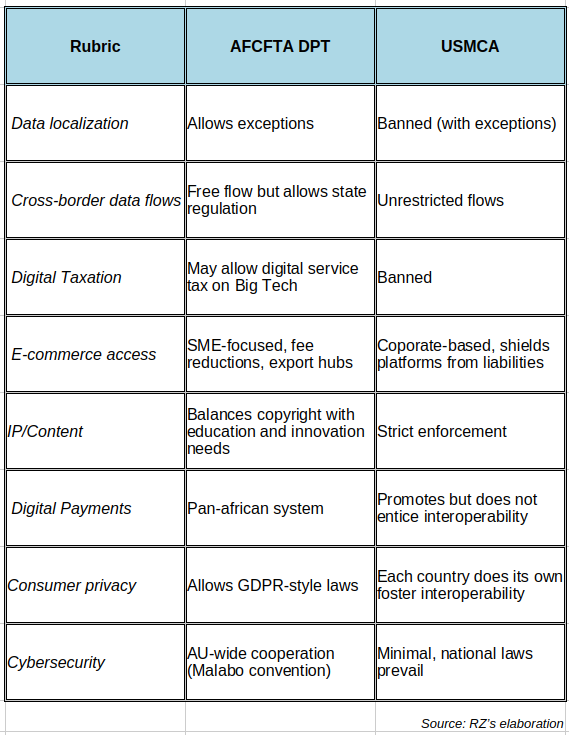
Digital Sovereignty – V
A recent blog tackles the issues surrounding Africa’s digital sovereignty. It first defines sovereignty as a country’s capacity to independently create, develop, and govern AI. However, the supreme adjective I previously highlighted is missing from this definition. At any rate, the authors rightly emphasize that sovereignty comprises technical and political issues. On the technical side,…
-

Digitalizing Sovereignty – IV
In 2006, a British mathematician running a customer-centric data science company coined the phrase “data is the new oil.” At the time, the Open Data movement was taking its first baby steps, while the expected digital data tsunami was gathering steam expeditiously. The saying was meant to pinpoint that data, like oil, needs to be…
-
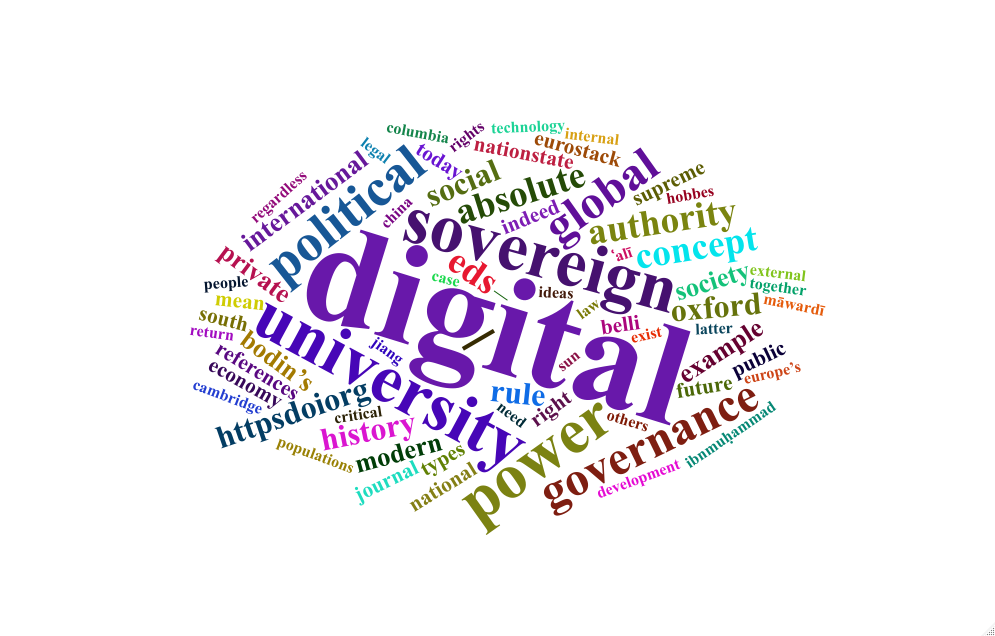
Digitalizing Sovereignty – III
Like governance, sovereignty has existed much longer than the modern digital universe. Thus, it has a rich history evolving over several centuries (see references below). Historical consensus indicates that Jean Bodin was its conceptual father in the late XVI Century when the scourge of religious wars was dominating Europe. Treaties such as the 1598 Edict…
-
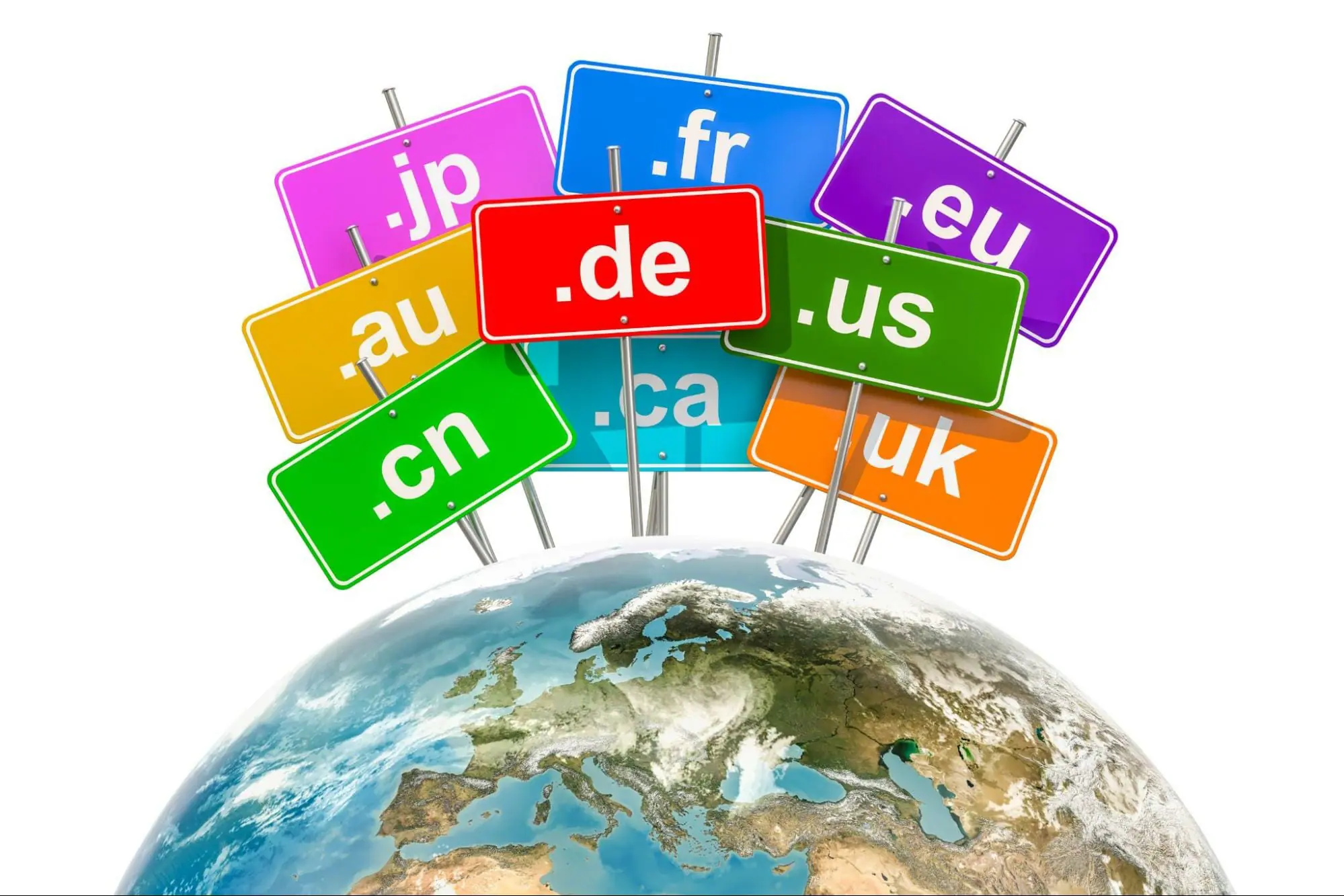
Digitalizing Sovereignty – II
Back in 1993, I was leading a global program‘s developmental and technical components to connect developing countries to the Internet. Its core goal was to spread information on sustainable development following the UN 1992 Earth Summit agreements. The program started with a pilot in ten countries and eventually expanded to 50 across all regions. As…
-
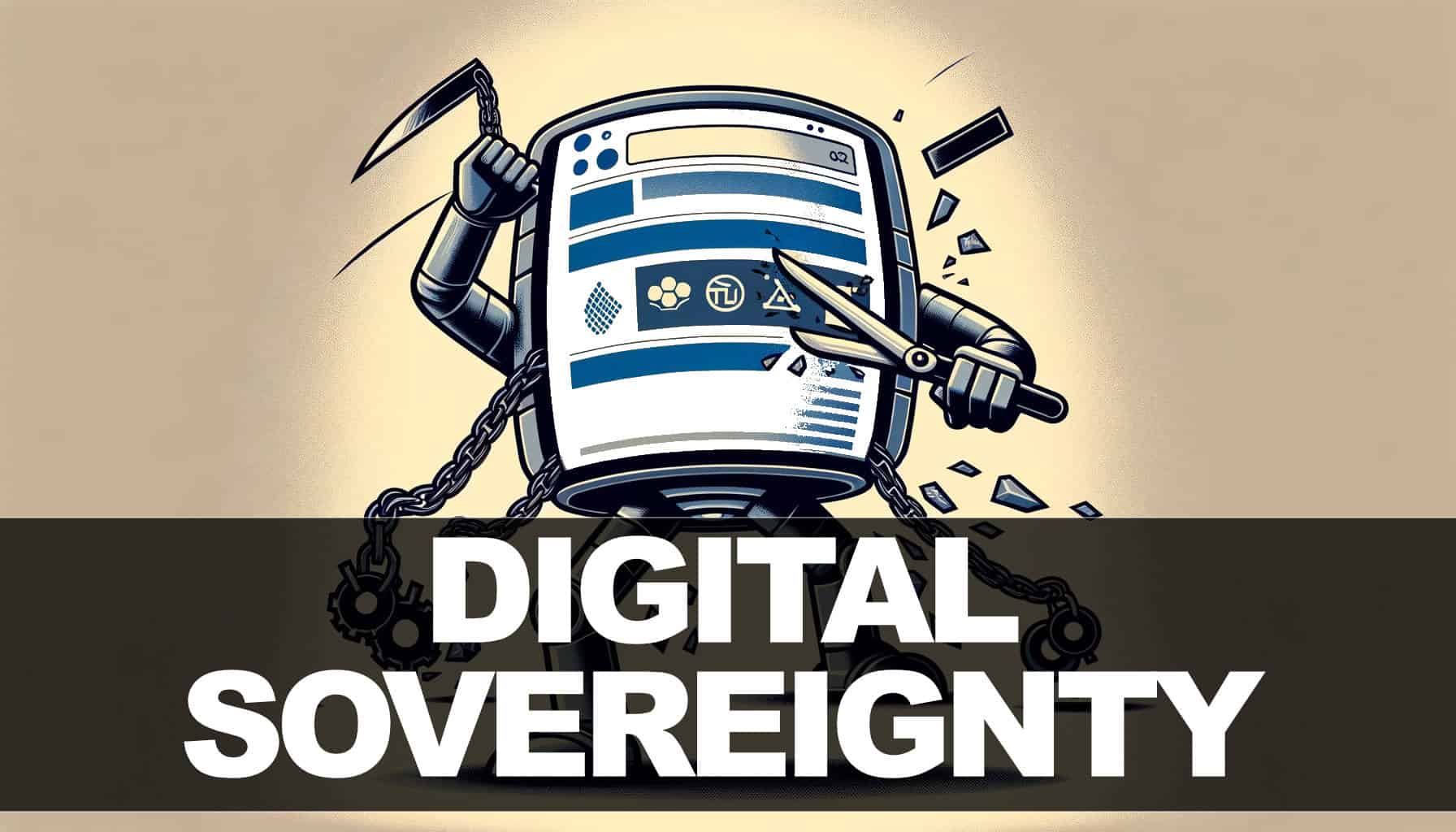
Digitalizing Sovereignty – I
A few months ago, I landed at New York’s JFK airport. Fortunately, my flight went smoothly and arrived on time in the early evening. After a long walk to the immigration booths, the cue lines were also extensive, as expected. Usually, arriving passengers are split into citizens, residents, and visitors (previously categorized as “aliens”). Diplomats…
-
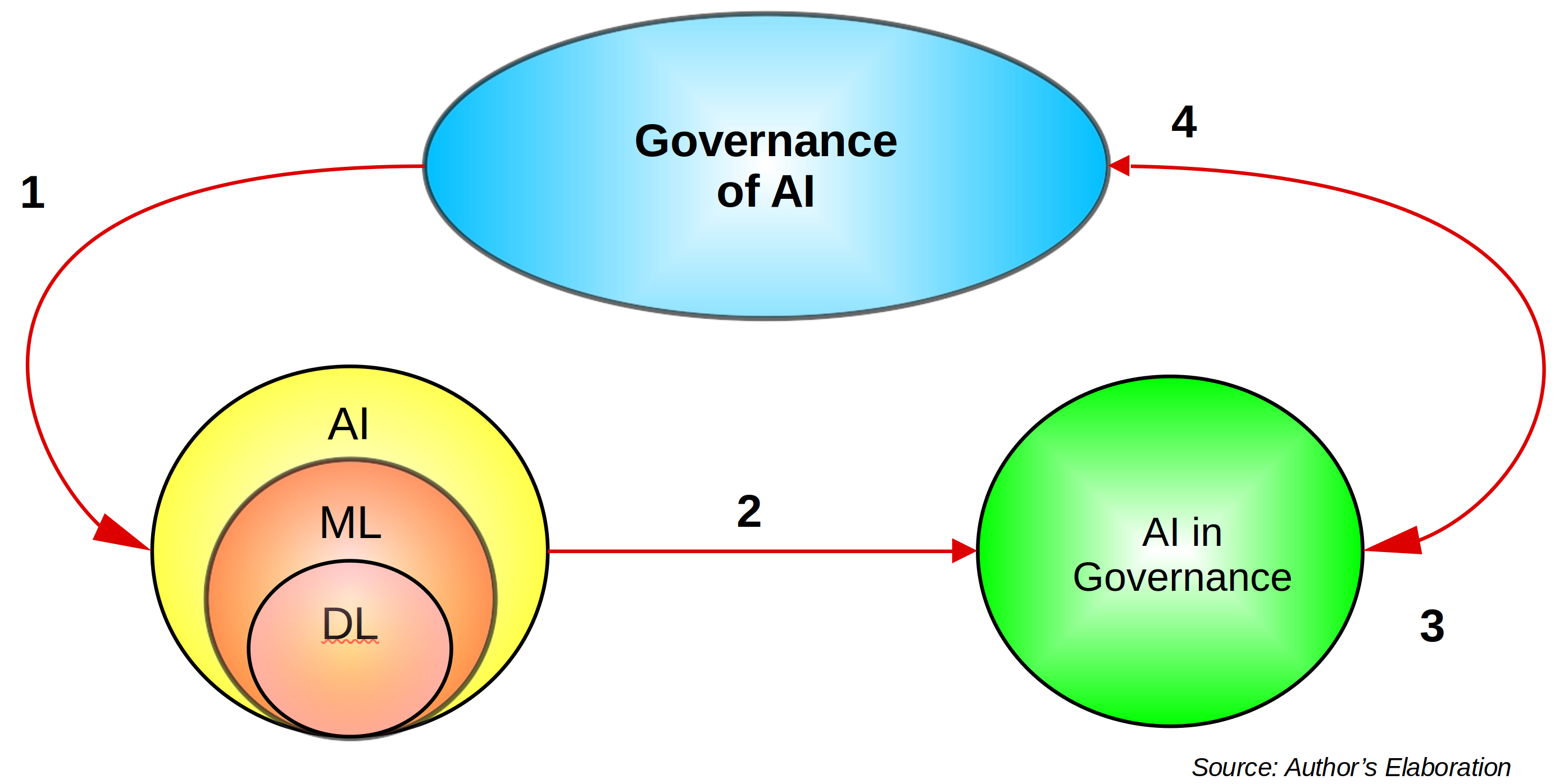
AI in the Public Sector – III
Needless to say, digital technologies are not strangers to the public sector. Indeed, Digital Government (DG) has been the subject of extensive academic research showcasing frameworks, opportunities, and failures, the Global South included. Initially born as e-government, the use of Information and Communication Technologies (ICTs) in and by the public sector has evolved substantially over…
-
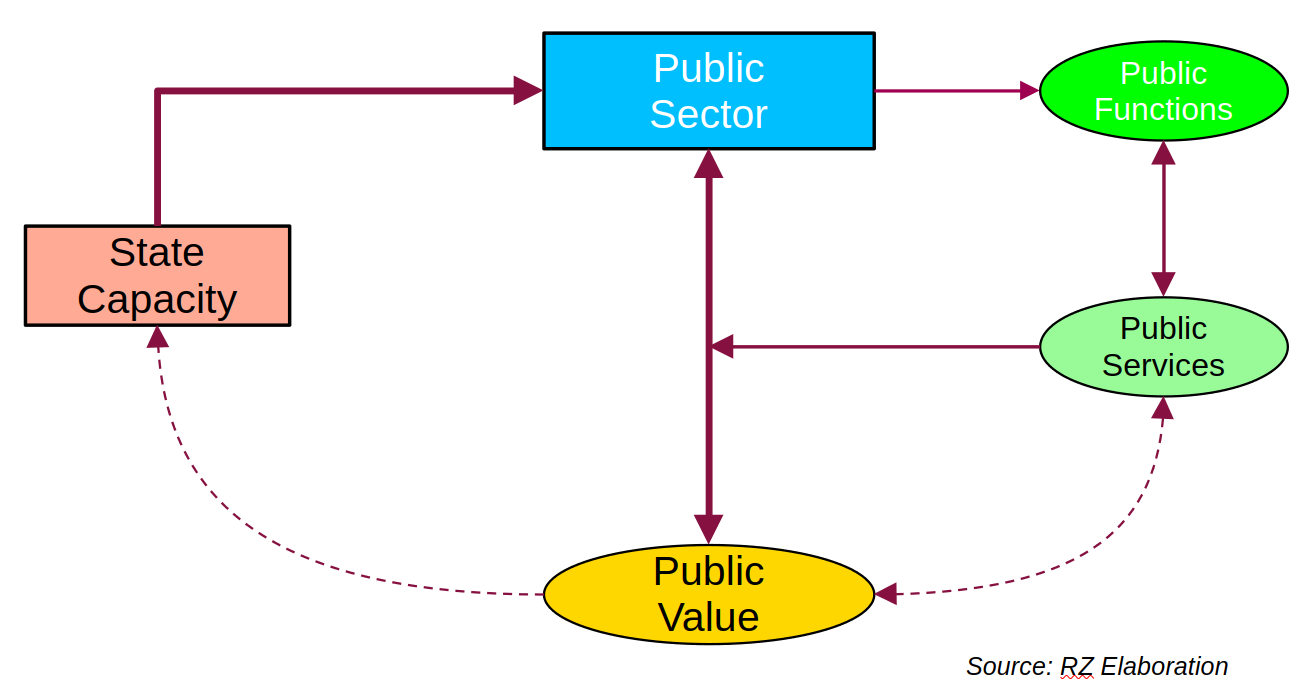
AI in the Public Sector – II
While competing theories on public services exist, two of the most relevant deserve special mention. In one corner is the French conception, which stems from the French Revolution and directly links public services to the state within a citizen rights context. It is thus very close to the Covenant on Economic, Social and Cultural Rights.…
-
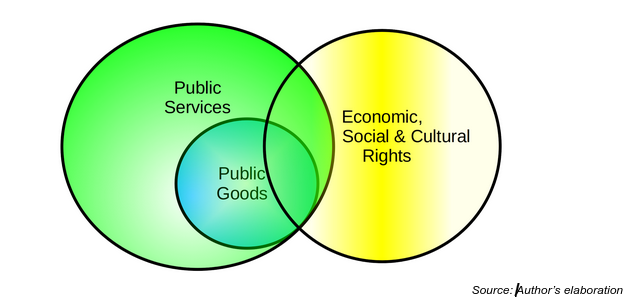
AI in the Public Sector – I
Historically, the public sector has not been a leader in deploying digital technologies. In fact, it is usually a step or two behind other sectors, including civil society organizations. Reasons for such a predicament go beyond bureaucracy and, in numerous instances, are linked to legitimacy, transparency, and accountability. After all, spending public resources responsibly demands…
-
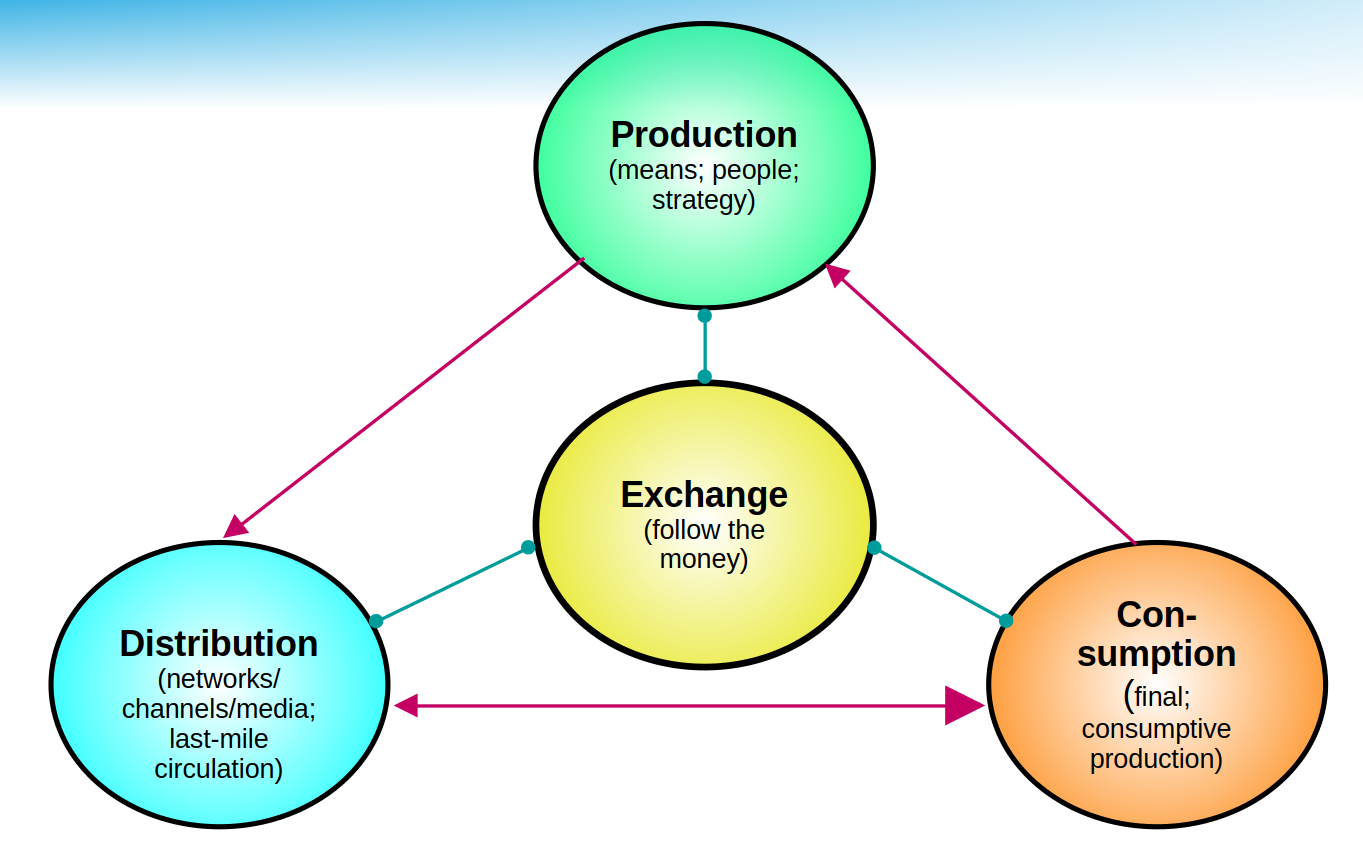
The Information Disorder: A Critique – III
As previously suggested, the three core information categories proposed by the Information Disorder Framework (IDF) — disinformation, misinformation and malinformation — are not orthogonal. Indeed, a given message can change from one to the other as it rapidly flows through the Internet pipes while trying to feel at home in noisy and warm data centers.…